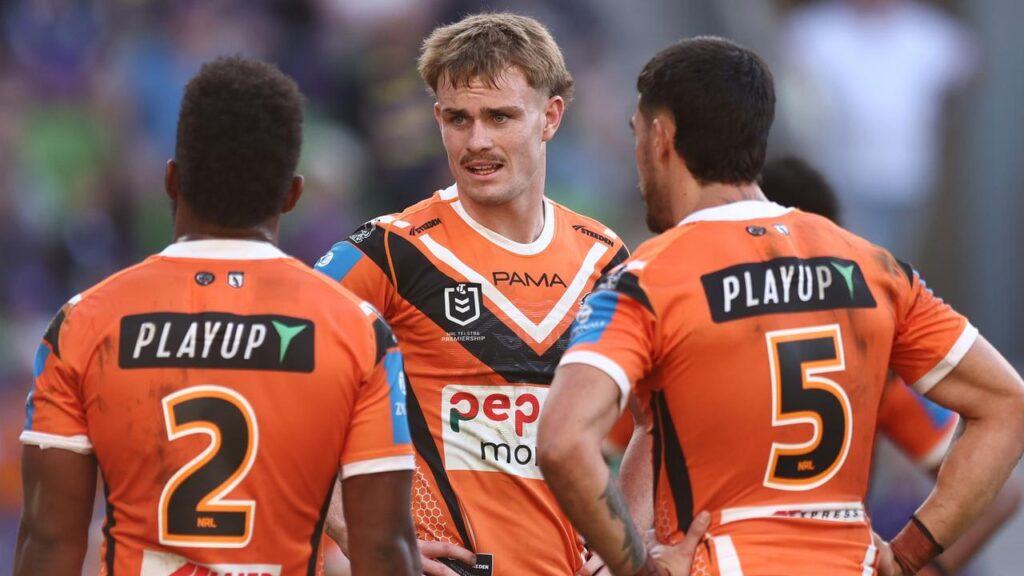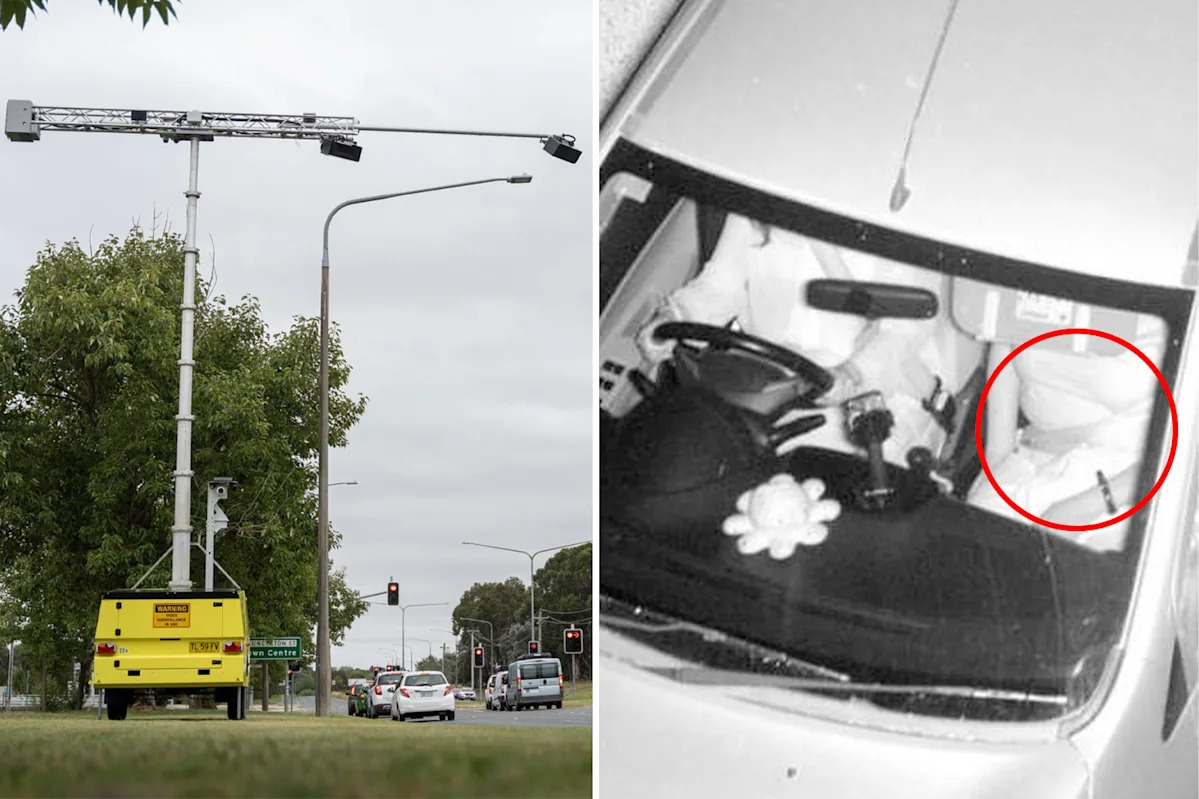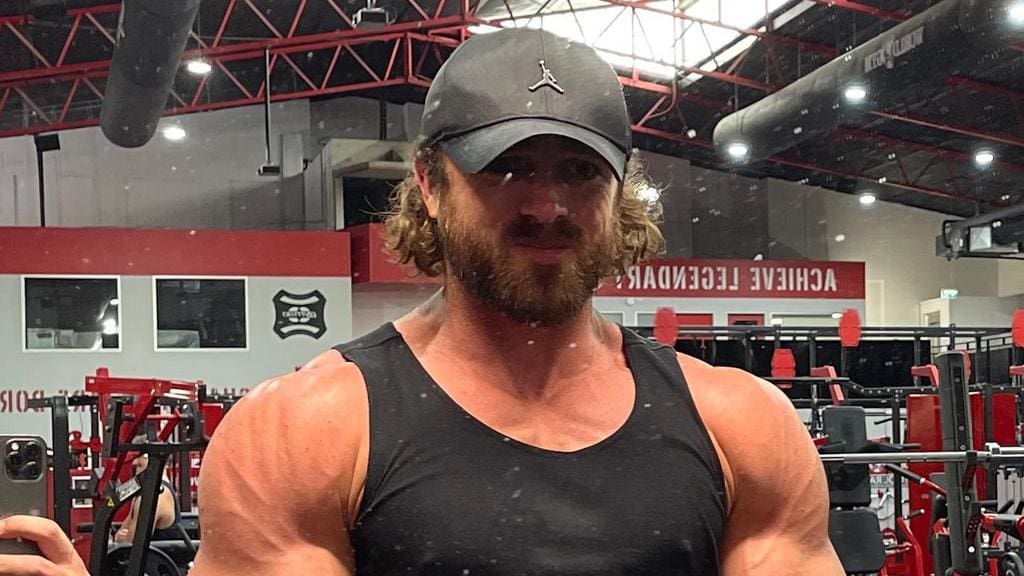
“Performance is a very good mask for mental health. If you can keep turning up and doing your job, nobody bothers to ask.” This statement resonates profoundly within the high-pressure world of professional sports, particularly in the National Rugby League (NRL), where the demands on athletes are at an unprecedented level.
For mental health expert Gary Fahey, the case of Wests Tigers’ young talent Lachlan Galvin exemplifies the immense pressures faced by players. Despite the overwhelming scrutiny following his contract decision, Galvin has managed to maintain his composure, showcasing a level of poise that Fahey finds commendable.
“I think he’s been quite impressive… he’s done very well to front up in the fact that he turned up to play reserve grade, deal with what was in front of him,” Fahey told foxsports.com.au. “In a way that doesn’t appear as though he’s hiding but also doesn’t appear as though he’s trying to play down the events.”
Performance and Mental Health: A Complex Relationship
The pressures from the public and media can lead to internal struggles, significantly impacting a player’s mental health. Fahey argues that the current dynamic between performance and mental health in sports needs a fundamental shift. He advocates for a proactive approach where mental health is seen as a performance enhancer rather than a checkbox item or an afterthought when crises occur.
Fahey himself is no stranger to mental health challenges. His career in the Federal Police, including leading the Prime Minister’s protection team, was built on a ‘performance-based identity.’ This identity unraveled due to his mental health struggles, leading to a gambling addiction that cost him $2 million and his career. His journey to recovery involved academic pursuits in brain and mind science, and he now serves as an ambassador for the Australian New Zealand Mental Health Association.
The Root of the Problem
According to Fahey, the intricacies of rugby league have become more detailed, with numerous TV shows dissecting performance and pressures. “A lot of people mistake high performance as a proxy for mental resilience,” Fahey explained. “When things get hard outside of rugby league, it gets a lot more difficult.”
Players often hesitate to speak about their struggles due to fears of jeopardizing their positions or market value. This reluctance leads to isolation, exacerbating mental health issues.
The Consequences of a ‘Performance-Based Identity’
The concept of a ‘performance-based identity’ becomes particularly problematic when a player retires or is dropped. Their identity, intertwined with their athletic performance, can lead to harmful behaviors such as substance abuse when they lose their support networks.
“With high performers, when they break, they almost burn the house down with it,” Fahey said, referencing incidents of violence and self-harm. This identity crisis, known as ‘identity foreclosure,’ leaves players questioning their self-worth when their athletic career ends.
According to the NRL, 2.4 players in every rugby league team will at some point in their life experience depression.
Tragically, several individuals involved in rugby league have taken their own lives, highlighting the urgent need for change. “The natural progression of severe mental health issues, whether they be depression, anxiety, or any of those, the natural progression ends at suicide,” Fahey noted.
Reshaping Mental Health Approaches in Professional Sports
Fahey believes that organizations need to rethink their approach to mental health. Instead of merely hiring a psychologist, mental wellbeing should be integrated as a core component of performance enhancement. A healthy mind, like a healthy body, is crucial for optimal performance.
“Quite often clubs pin their hopes on policy and tick and flick boxes,” Fahey said. “The support networks are there, but they often don’t resonate with the players.”
The Role of Former Players and Mentors
To facilitate meaningful conversations, Fahey suggests that former players can serve as mentors. Athletes like Darius Boyd, Todd Carney, and Mitchell Pearce, who have openly discussed their mental health struggles, could offer invaluable insights and support.
“I don’t think we have to zero-in only on former NRL players,” Fahey explained. “High performance resonates across fields.”
By employing athletes from various sports who have navigated pressure-filled environments, clubs can provide relatable and experienced support systems.
As the NRL grapples with these mental health challenges, the call for a cultural shift in how mental wellbeing is perceived and integrated into performance strategies becomes increasingly urgent. The health and future of athletes depend on it.
ARE YOU STRUGGLING AND NEED HELP? CALL LIFELINE ON 13 11 14







